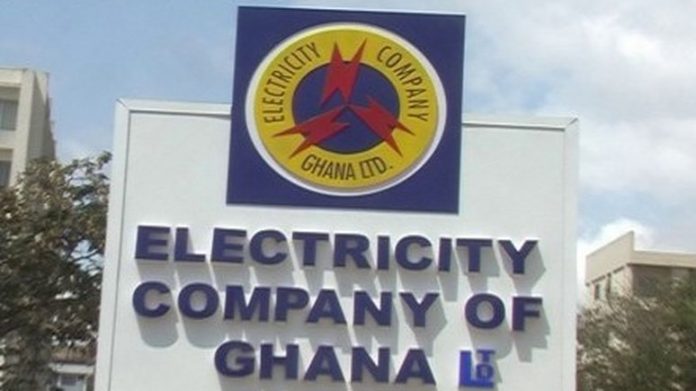|
Getting your Trinity Audio player ready...
|
Former Managing Director of the Electricity Company of Ghana (ECG), Samuel Dubik Mahama, has strongly opposed the government’s proposal to privatize the power distribution company, arguing that private sector participation is already embedded within its operations.
During his vetting on January 13, Energy Minister-Designate John Jinapor reaffirmed President John Dramani Mahama’s commitment to privatizing power distribution in Ghana, citing the need to improve efficiency in the energy sector.
However, in an interview on The Point of View with Bernard Avle on Channel One TV, Samuel Dubik Mahama expressed his belief that the ECG can perform effectively if the government builds on the systems established during his tenure.
“I do admit that there are a few inefficiencies in the company, and in the same way, there are a few efficiencies. Now, before you do any private sector privatisation, what are the benchmarks? Let’s not forget there is already private sector participation in ECG,” he said.
Mahama highlighted how private sector involvement has already been introduced, particularly in the metering system under the loss reduction program. He explained, “At the metering point under the loss reduction programme, the ECG has moved from its previous position where it used to look for a large sum of money to purchase meters to come and install. That is one thing that I decided to change when I became the Managing Director. I had a discussion with the board, and we decided that looking for cash or capital to purchase meters for usage doesn’t make sense.
“Why don’t we get all these metering companies and tell everybody to have a factory in the country? Based on that, we now have about seven metering companies with factories in Ghana. What we then did was to give them a locality to install their meters… And that is private sector participation. If you do the math very well, you realize that it saved us a lot—more than almost 50% in how much you now have to borrow and all those administrative costs.”
Addressing ECG’s core challenges, Mahama identified currency-related issues as a significant hurdle. “The first one is forex… you buy the electricity in dollars, and you come to sell it in cedis. And you go and look for requisite dollars to go and pay. If you are going to look for USD to pay the Independent Power Producers (IPPs), will the money be enough to pay the whole value chain?”
Samuel Dubik Mahama believes that strengthening existing systems and addressing financial bottlenecks, such as foreign exchange challenges, can enhance ECG’s performance without the need for further privatization.





